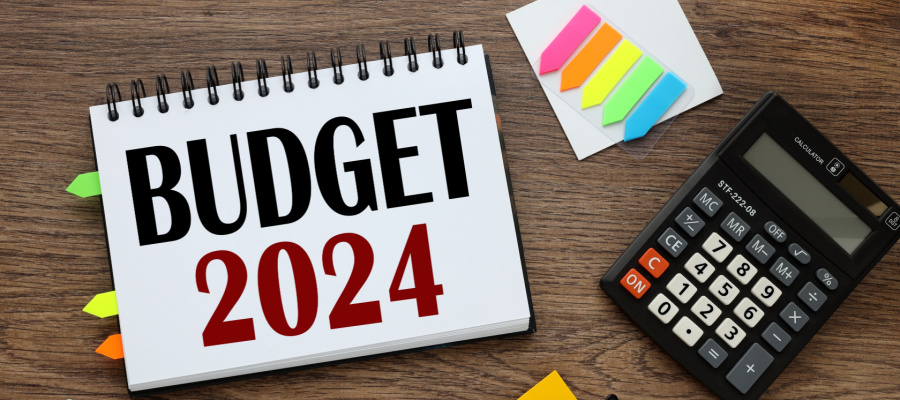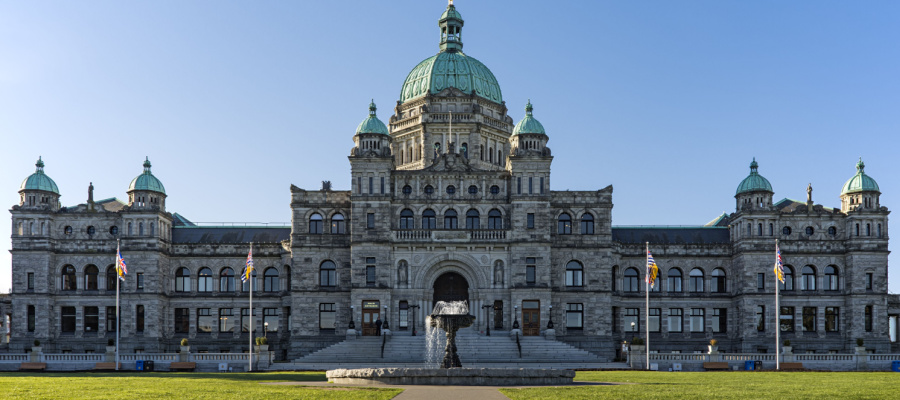Unemployment surges again in March
Just in time for a heated election campaign, the latest unemployment numbers paint a grim picture for BC. Just a year ago, BC was coasting along with an unemployment rate of just over 4%. By the end of 2008 that had crept up to 5%. And now a truly brutal first quarter that saw the rate leap to 7.4% in March.
That is a loss of 22,600 jobs, of which 9,900 were full-time jobs. If we go back to March 2008, total job losses are 76,600 jobs, although a larger number of full time job losses (-85,300) is offset by some modest part time job gains (+8,600). In percentage terms that is a drop of 3.3% overall from March 2008, with 4.6% fewer full-time jobs.
Looking forward there is no end in sight for unemployment increases. According to the Canada Housing and Mortgage Corporation (CMHC), housing starts in the first quarter of 2009 were down 70% from the same period in 2008. That means most of the construction jobs that are wrapping up in the next three to nine months will send workers right to the back of the unemployment lines. And, on average, for every primary job like construction we lose another gets shed somewhere else.
I have been speaking on the economy for a series by Metro Vancouver in four locations across town. In the first installment, a month ago, I was saying that unemployment would hit 8-9% by the end of 2008. After the February stats came out, I revised that to 9-10%. And now I am feeling like those numbers could surge even beyond that. If you are interested in the fourth installment, drop by the Wosk Centre next Wednesday at noon.
Speaking of people seeking jobs, as for the election, this takes away one of the key cards the Liberals would have played: that they are better stewards of the economy. March’s unemployment rate is higher than when the Liberals first took power in 2001, and the rate will be close to, perhaps even over 8%, when April’s results are announced just before the election on May 12. They still may be able to play the economic manager through tough times role to electoral success, but that is a tougher job.
Not that I believe the government in Victoria has much influence over the economy in BC. It is external factors that drive BC’s economy; mostly export markets, Bank of Canada interest rate policies, and federal fiscal policies, all of which have been powerful tailwinds for the BC economy, largely through the channels of high commodity prices and residential construction atop spectacular real estate price increase. The Premier and the Liberals have tried to take credit for the boom. If one wants to concur with that credit, however, one must also accept that the current collapse is their fault, too.
While the big picture is beyond the province’s control, what the BC government can do is be effective in its key jurisdictional role of providing social programs. Here the government has not done a great job, given the poverty and homelessness we saw during the boom, the shredding of social assistance, the end of new social housing construction, and now, the title of having the lowest minimum wage in Canada. During a recession it is essential that the BC government maintain public spending, and if anything, we need to plan for big increases in transfers to those shut out. Expenditures will naturally rise as more people go on social assistance (the rolls are up 37% over a year agao). But we also need to make the program more responsive to the needs out there by shoring up benefit levels and reducing barriers that prevent people from getting on welfare.
Secondly, the rapidly rising unemployment needs to be countered by infrastructure spending that takes up the slack in the labour market and puts it to good use. While there are some projects that have been announced, in total employment numbers they will not make a dent in the rapid rise of the ranks of the unemployed. Now is the time to rebuild public transit, develop high-speed inter-city transit, sharply increase energy efficiency through retrofits, and invest in alternative energy. These are no-brainer, green jobs that will help transition the economy onto a sustainable growth path. The dumbest investments would be ones that move us away from sustainability, like expanding highway capacity for suburban commuters or the oil and gas industry.
So, the writ is dropping. Parties, show us your strategies for fighting an increasingly ugly recession.
Topics: Economy, Poverty, inequality & welfare, Provincial budget & finance


